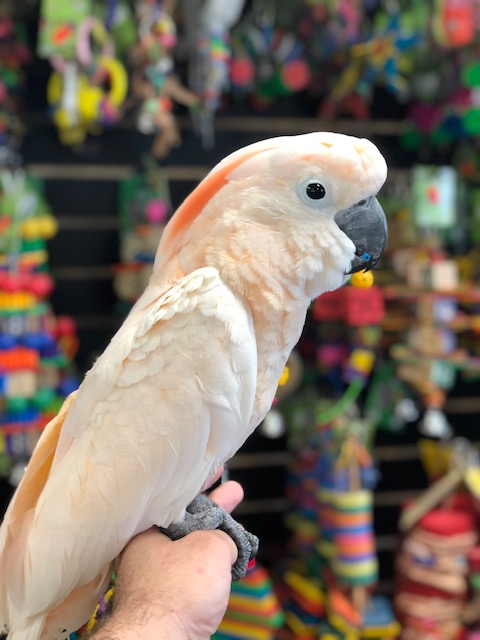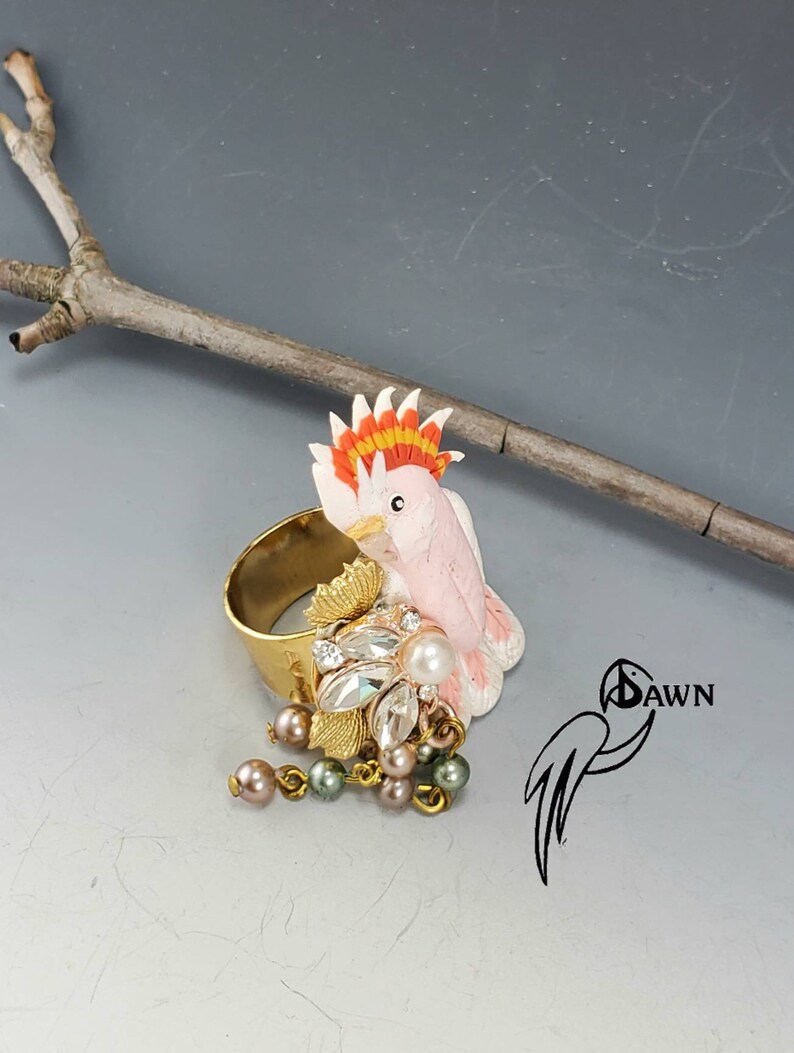
The size of the bird matters as well, with a macaw requiring significantly more food every year than a canary. The annual cost for your bird’s food is dependent on the brand of food you feed as well as where you purchase it.

Research and compare bird insurance companies to find a plan that works for your needs and fits your budget. It will also help with incidental costs, like emergencies and medical treatments. In the long run, they will save you money if your bird has routine vet visits. More and more pet insurance companies are beginning to offer plans to cover birds, but these plans can be pricey. Image Credit: Barbara Rost, Shutterstock Insurance Staying in close contact with your veterinarian, ensuring your bird gets regular check-ups, and price shopping medications at reputable, licensed pharmacies will help you with this expense. Some conditions are chronic but treatable, so the expense may not be an annual expense, but incurable chronic conditions will last for the life of your bird. The potential expense for treating chronic health conditions in your bird will be dependent on the area you live in and what problem your bird has. Creating an emergency fund will help you be prepared for this type of expense. Emergency vet fees can get expensive quickly and will often exceed $100 just for an examination. Knowing where to take your bird during business hours and after hours or on holidays is essential. Planning for emergencies will ensure you are prepared for anything that might happen to your bird. Luckily, treating parasites is as-needed and not a set yearly expense. The cost of treating parasites will likely include a vet visit fee and possibly diagnostic testing as well. Birds with parasites may experience feather loss or pull their feathers out, develop rashes, or exhibit behavior changes.

If you think your bird may have parasites of any kind, it’s important to have them examined by a veterinarian to help identify the cause. They are susceptible to mites, protozoal infections, roundworms, and other parasites. Pet birds can get parasites just like a cat or dog can.
Ledbetter cockatoo price professional#
If allowed to overgrow, beaks can crack or cause damage to the jaw or mouth, so it’s important to monitor this closely and reach out to a professional if your bird requires beak trimming. Some foods may help keep beaks trimmed as well. Many birds will keep their beaks trimmed by chewing on items like cuttlebones. It’s important to ensure you are purchasing a bird from a reputable breeder and not from someone who is involved in capturing or trafficking wild birds.Ī bird’s beak grows continuously, and some birds may require beak trimming performed by a groomer or veterinarian. Birds like canaries and finches will likely cost $20–$50 while birds like macaws can cost upwards of $5,000. The range of cost to purchase a bird from a breeder or pet store is huge because different types of birds may be more common or rare. Adoption fees ensure the bird goes to a good home that is willing to provide for its needs and also support non-profits to continue rescuing animals. Adoption fees may run upwards of $100 depending on the type of bird. AdoptionĪdopting a bird that needs to be rehomed or is coming from a rescue can be a great way to get a nice bird, even a large or expensive bird like a macaw or African grey parrot. It’s also possible that you may come across someone giving away a bird in local online marketplaces but acquiring a bird this way should be done with caution to maintain safety and ensure the bird is not ill.

On occasion, you may find that someone you know no longer can care for their bird and is willing to give it away. There are very few ways to come by a bird for free. Birds can be time-consuming and expensive, so considering all options ahead of time will help with the planning process. Planning ahead before purchasing or adopting a bird is essential. There are many supplies your new bird will need as well as an initial vet visit to ensure your bird is healthy. Bringing Home a New Bird: One-Time Costsīringing home a new bird can be exciting, but also costly. Different birds have different nutrition needs, some will require larger or smaller cages, and some may require regular veterinary care.īeing informed on both the care and expense of a bird before choosing a bird will help you make sure you’re ready to give a bird the best life possible. The total annual cost of owning a bird can range from $250–$1,000+ per year.īringing home a bird is a decision that requires forethought and planning to ensure you have the money to put toward the regular care needs of the type of bird you bring home. They can make great pets, but they can also be quite an investment.

Birds are fascinating creatures that come in all shapes, sizes, and colors.


 0 kommentar(er)
0 kommentar(er)
